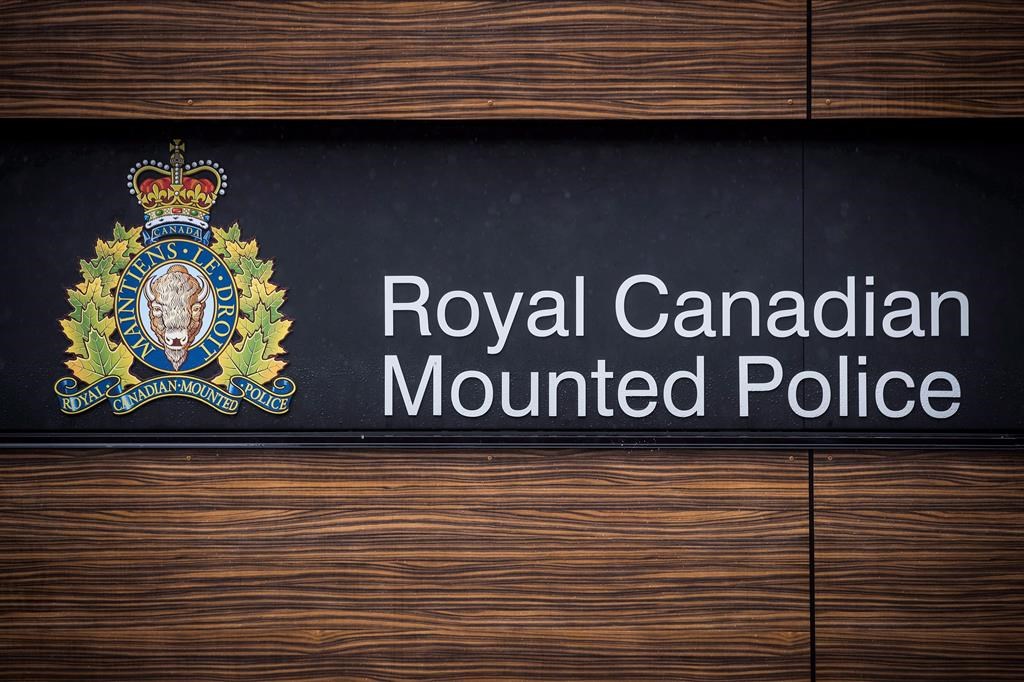Many of B.C.’s public institutions have a racial bias and don’t even know it, a legislative committee on police reform has heard.

On Monday, chief coroner Lisa LaPointe made a presentation to the special committee on reforming the Police Act, which was struck last summer following the death of George Floyd in Minneapolis that put a spotlight on police agencies across North America.
Indigenous people have higher interactions with police, LaPointe said, and more data are needed to understand why.
“Many of our institutions have a racial bias without us being aware of it. Are more calls (to police) being received if a person is Indigenous? Do people see an Indigenous person and see that as more of a threat?” LaPointe said during her presentation to MLAs.
“Based on their own experience, are police adopting — again, it would be unconscious — some unconscious bias when they’re responding to the call? We don’t know. This is the kind of data, the kind of information, that we need to start gathering, because there’s so much institutionalized racism.”

Get breaking National news
In 2019, the coroners service released a report on 127 cases of people who died in police custody or within 24 hours of police contact.
About 20 per cent of those deaths were Indigenous people, even though Indigenous people make up only six per cent of B.C.’s population, LaPointe said.

Public Safety Minister Mike Farnworth announced he was creating the new committee last July to review “systemic racism” in police forces across B.C. and modernize the Police Act.
The group was tasked with suggesting reforms on oversight, governance, funding and more, as well as to examine the scope of systemic racism within B.C.’s police agencies and the role of police with respect to mental health, addictions, and harm reduction. It is expected to report back to the legislature in May.
On Monday, members from the BC Coroner’s Service, the Union of BC Municipalities and the Independent Investigations Office made virtual presentations to MLAs.
Michael Egilson, director of special investigations and the death review unit at the coroners service, told the committee that police respond to roughly 75,000 mental health calls a year on average, with about 25 per cent resulting in people being taken into custody.
“(Police) need to become part of the mental health strategy as well, so that we aren’t just doing a bunch of one-offs across the province but (so) that those actions become coordinated,” Egilson said.
Presentations were expected to continue on Wednesday, with representatives from the ministries of health, mental health and addictions, Indigenous relations, and public safety.





Comments